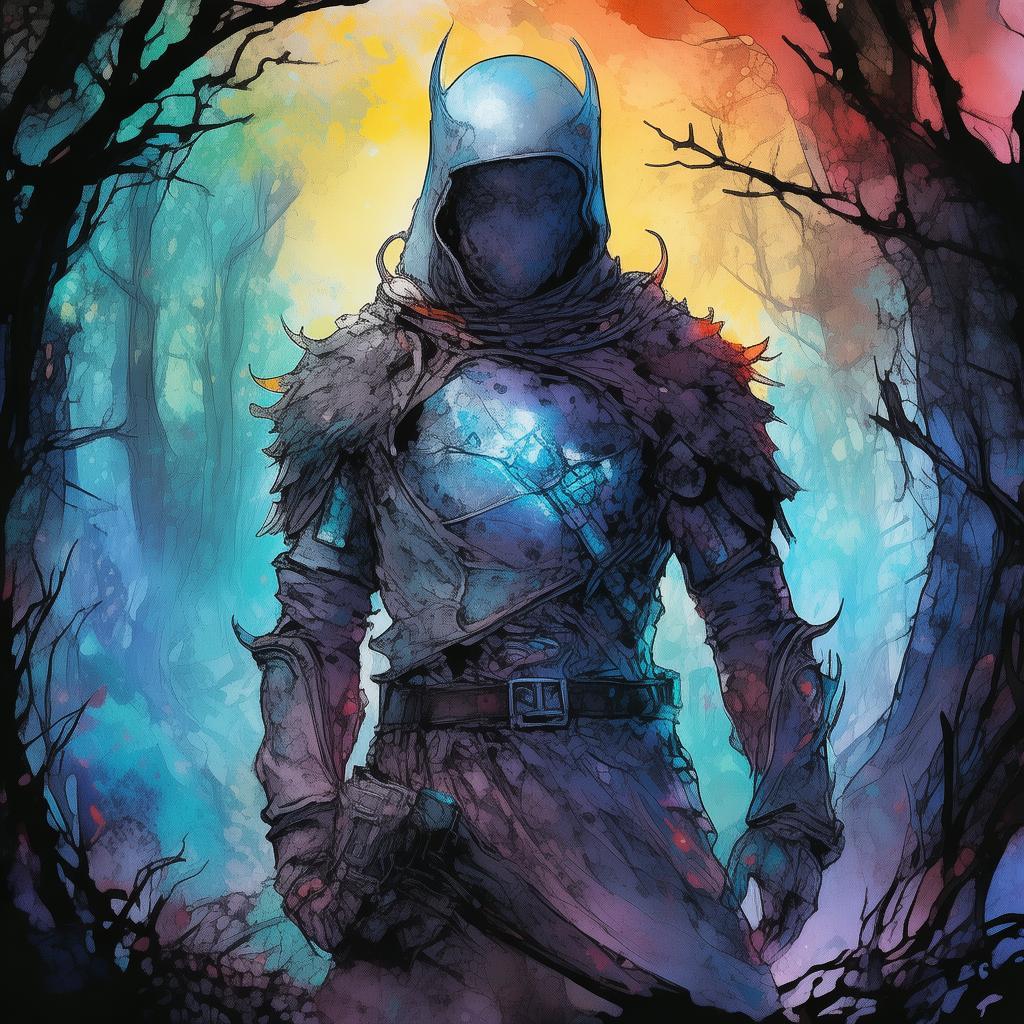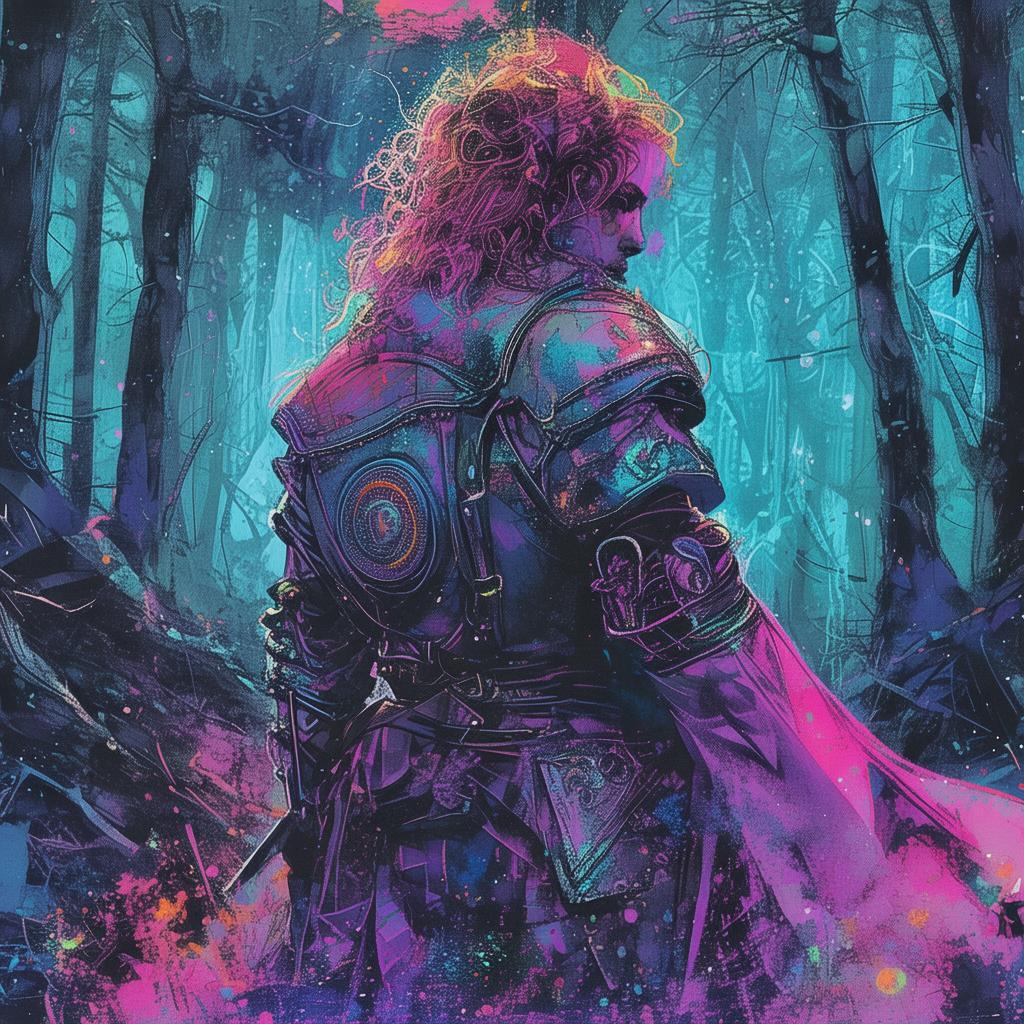The Eternity's Paradox: The Last Philosopher's Dilemma
In the heart of ancient Greece, amidst the towering columns of the Parthenon, there lived a philosopher named Demetrius. His mind was a labyrinth of thought, ever searching for the answers to life's greatest mysteries. One day, while pondering the nature of time, he stumbled upon a cryptic scroll hidden within the temple's archives. The scroll spoke of a paradox, a riddle that, if solved, would grant the possessor the power to travel through time.
The scroll read:
> "In the land of Eternity, where time stands still, lies a paradox that defies logic. To traverse the river of time, one must first become it. But to become time, one must become... what?"
Demetrius spent years deciphering the riddle, his thoughts weaving through the ages. Finally, he realized the paradox was a riddle within itself: the answer was time. To become time, one must become timeless, which meant transcending the constraints of time itself.
With this revelation, Demetrius set out to construct a machine that could allow him to perceive time as it truly was—eternal. Years of toil, countless failures, and one near-suicidal attempt later, he succeeded. The machine, a colossal contraption of gears and crystals, stood before him, pulsating with an otherworldly energy.
The first time he activated the machine, Demetrius was transported to the distant future. He witnessed the rise and fall of civilizations, the evolution of technology, and the birth of new philosophies. But as he delved deeper into the future, he discovered something unsettling: the paradox was not just a riddle; it was a law of reality.
The more he traveled through time, the more he realized that the present was a fragile thread, easily severed by the actions of those who came before or would come after. Every decision, every action, had ripples that stretched across the ages, altering the course of history.
One day, Demetrius found himself in the year 3025, amidst a world that had been irrevocably changed by a single event. A great philosopher, who could have potentially changed the course of human history, had been assassinated. Without him, the world was on the brink of a dark age.
Demetrius knew he had to act. He traveled back to the past, to the moment before the philosopher's death. He confronted the assassin, a man driven by fear and desperation. In a heart-wrenching exchange, Demetrius tried to explain the consequences of their actions, but the assassin was resolute.

The assassin said, "You can't understand. You're not like us. You can't feel the weight of the world on your shoulders. You can't see the pain and suffering that drives us to act."
Demetrius, torn between his mission to protect the future and the assassin's humanity, realized that he could not change the past. The paradox was real; time was immutable. The choices made in the past were the very fabric of the present and future.
As Demetrius returned to his own time, he understood the full weight of the paradox. He could not alter the course of time, but he could learn from it. He spent the remainder of his life studying the patterns of time, the choices that shaped the world, and the lessons they held for humanity.
The machine, now a relic of a bygone era, stood silent in his study. Demetrius spent his final days contemplating the paradox, the riddle that had consumed his life. He had become the last philosopher, the guardian of the paradox of eternity.
In his final breath, Demetrius whispered, "The paradox of eternity is not about changing the past, but understanding it. It is about accepting the riddle and living within its boundaries."
And with that, the last philosopher's legacy was passed on, a testament to the power of knowledge and the eternal nature of the human spirit.
✨ Original Statement ✨
All articles published on this website (including but not limited to text, images, videos, and other content) are original or authorized for reposting and are protected by relevant laws. Without the explicit written permission of this website, no individual or organization may copy, modify, repost, or use the content for commercial purposes.
If you need to quote or cooperate, please contact this site for authorization. We reserve the right to pursue legal responsibility for any unauthorized use.
Hereby declared.









